Reprinted with permission from Exchange magazine.
Children have been watching us. They tracked us as we voted or didn’t, as we cheered or wept. They hear what we say and watch what we do as we continue to discuss events and debate ideas. Children gather information from the adults in their lives, and process what they see and hear to make sense of it all. As parents and teachers, grandparents and grocery clerks, waitpersons, gardeners, police officers, delivery people and custodians — all the adults in children’s lives — we have been offering them a lot to think about. And we must be confusing them enormously. We are not walking our talk.
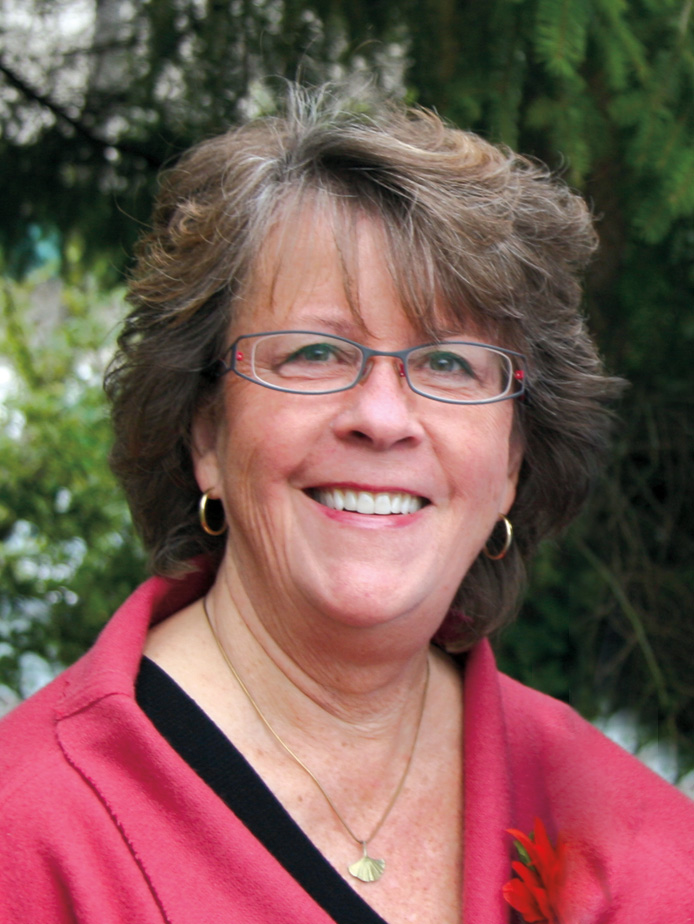
Bonnie Neugebauer is founding editor of Exchange Magazine and Co-Founder of the World Forum Foundation.
From their beginnings in our care, we have coached children to share. But do they perceive a spirit of generosity at work in the world today? We teach children to use their words when their emotions are strong. Do they see us using our words with respect and a genuine effort to communicate and understand each other?
Children are expected to make a place for everyone. We work with them to develop the skills necessary to include everyone in their play — children with different histories, cultures, and abilities. Do they see us making room in our communities for people who are in some way different from ourselves?
When children are overwhelmed by fear and anger, we tell them they can always come to us as trusted and loving adults to help them find calm and to analyze their experiences. Adults also need to develop safe havens of support that take us from our lowest points and center us forward. It’s important for children to know that we all need safe friends and counselors.
I have struggled to write something important to share with you, because this feels like a time when our words and actions are more critical than perhaps ever before in directing our path. I want to figure out what each of us can do to strengthen our hope and move forward to build a better world for our children — my grandchildren, your children, all children. So, I’ve been listening to children and to shared stories about how they have experienced the political process; I’ve been reading a variety of thoughts and responses, summaries and
analyses, seeking a step forward I can believe in.
Sylvie (age 5): “When people don’t like each other, it’s because they don’t understand.” Oh, Sylvie, there is so much we thought we understood and don’t.
Gary Locke, former Ambassador to China and Governor of Washington believed that “…successful bilateral relationships between powerful countries ‘begin in the kitchens and living rooms of the people of each country.’” (Alaska Beyond Magazine, November 2016).
This strategy for global diplomacy can also be a strategy for community, neighborhood, organizational, and family diplomacy.
Bill Penzey in his controversial editorial about the election says something we can all agree about: “What has set humanity in motion is cooking. In our nearly a million years gathered together around the fire, cooking shaped our bodies and transformed our minds. Cooking unlocked our potential and gave birth to reason, to religion, and to politics and government. The kindness of tens of thousands of generations of cooks created our humanity…. Our kindness really is our strength.”
The stories, ideas, and questions have been swirling, and I am very surprised at the simplicity of my next steps.
I believe that as we work to become a stronger, more unified society, early childhood programs and schools have a powerful role to play as safe spaces. It is within our schools that children can talk about their ideas and learn the skills for democratic living. Schools are safe places for families who all love their children to come together in their differences and learn to understand each other.
So let’s do the simplest thing of all. Let’s have tea together and share with our hearts, listen attentively, and ask respectful risky questions. Let’s share our real selves and our experiences over pizza and a beer. Let’s invite each other inside our lives. The conversation is about opening up who we are, telling our stories, revealing our challenges, and sharing our values. It’s about authentic efforts to connect and understand.
I want our children to witness these conversations. I want them to see us respectfully arguing and listening, laughing and crying together. I want them to see us being kind and loving. To understand another person’s reality is work and risk and vulnerability, but an invitation to coffee is simple.
At the very core of who we are, we all love our children. All of us, no matter how else we define ourselves. Children will continue to watch us. What they see will shape who they become. Will they believe in the political process?
Will they vote? Will they seek out people with different experiences and beliefs? Will they respond to others with love and kindness? Will they do everything they can to pay forward the worldview we are creating in this moment?
Leonard Cohen said, “There is a crack in everything. That’s how the light gets in.” We can see the cracks; now let’s come together to let in the light.

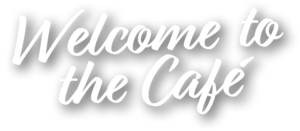
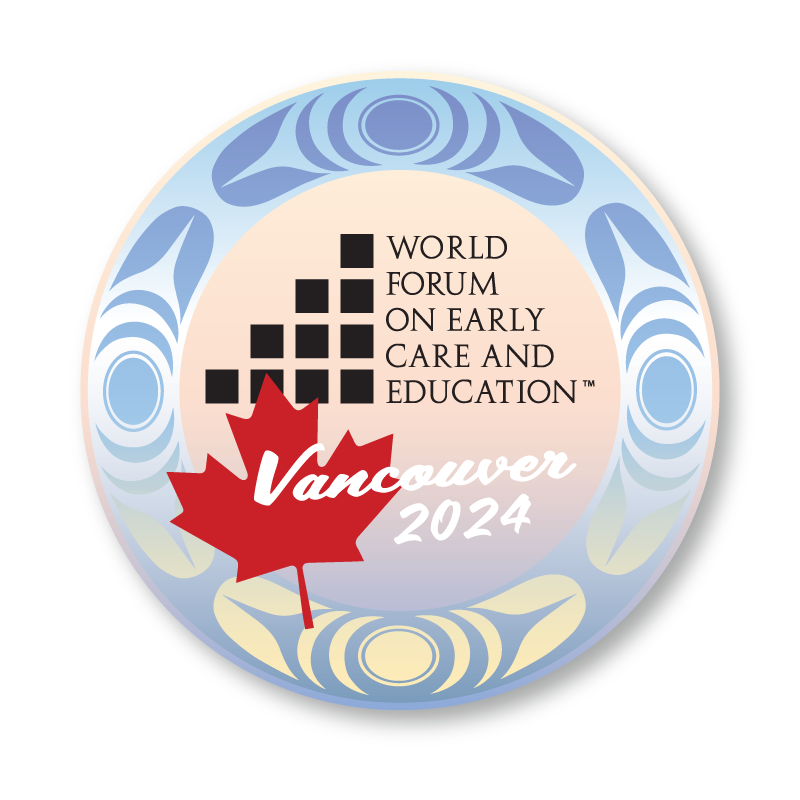

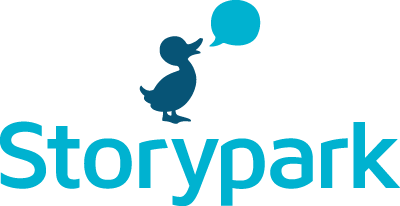
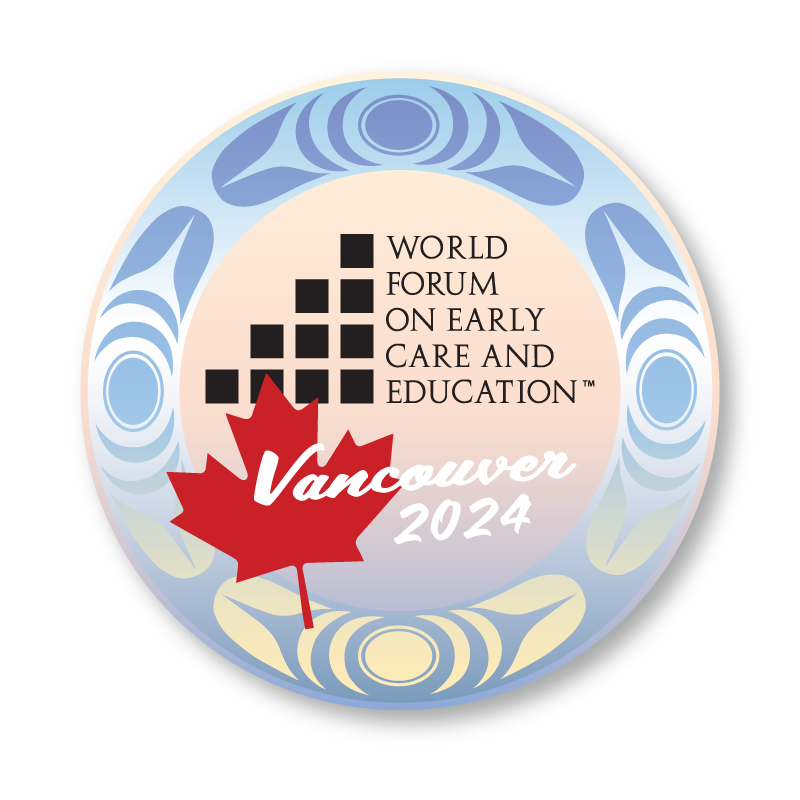
Thank you, Bonnie, for your thoughtful, respectful commentary. I, too, hope we can do what you describe.